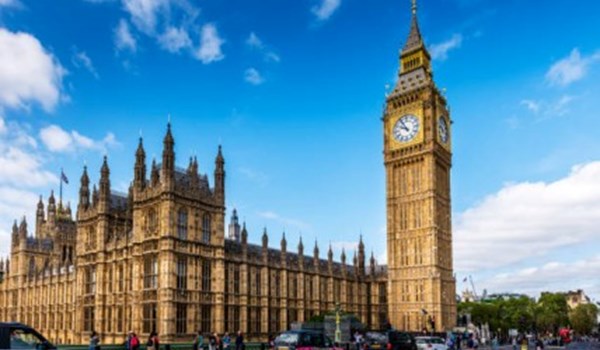Today, the EU Council adopted the 15th package of economic and individual sanctions to further limit Russia’s ability to wage an illegal, unprovoked and unjustified war of aggression against Ukraine, UNN reports.
Details
These measures are designed to address the circumvention of EU sanctions through targeting of Putin’s shadow fleet and weaken Russia’s military and industrial complex.
Today’s package includes decisions on:
Individual listings
The Council agreed on a significant package of 84 listings, which consists of 54 persons and 30 entities responsible for actions undermining or threatening the territorial integrity, sovereignty and independence of Ukraine.
As regards individuals, the EU is sanctioning the military unit responsible for the striking of the Okhmadyt children hospital in Kyiv, senior managers in leading companies in the energy sector, individuals responsible for children deportation, propaganda and circumvention, as well as two senior DPRK officials.
As to entities, the EU targeted primarily Russian defence companies and shipping companies responsible for the transportation of crude oil and oil products by the sea, providing important revenues to the Russian government. It also listed a chemical plant, a civil Russian airline which is an important provider of logistical support to the Russian military. For the first time, it imposes fully-fledged sanctions (travel ban, asset freeze, prohibition to make economic resources available) on various Chinese actors supplying drone components and microelectronic components in support of Russia’s war of aggression against Ukraine.
Circumvention
The Council is adding further vessels to the list of those subject to a port access ban and ban on provision of a broad range of services related to maritime transport. This measure is intended to target non-EU tankers that are part of Putin’s shadow fleet circumventing the oil price cap mechanism or support the energy sector of Russia, or vessels that are responsible for transporting military equipment for Russia or involved in the transport of stolen Ukrainian grain. 52 vessels originating from third countries were targeted today on these grounds, bringing the total of designated vessels to 79.
Trade
The Council also added 32 new entities to the list of those directly supporting Russia’s military and industrial complex in its war of aggression against Ukraine. They will be subject to tighter export restrictions concerning dual use goods and technologies, as well as goods and technology which might contribute to the technological enhancement of Russia’s defence and security sector. Some of these entities are located in third countries (China, India, Iran, Serbia and the United Arab Emirates) and have been involved in the circumvention of trade restrictions or have engaged in the procurement of sensitive items used for Russian military operations, like UAVs and missiles.
Protection of European companies
In order to better protect European companies from litigations with Russian counterparts, the Council decided to prohibit the recognition or enforcement in the EU of those rulings issued by Russian courts based on Article 248 of the Arbitration Procedure Code of the Russian Federation. These rulings have been preventing the opposing party from commencing or continuing a proceeding in a jurisdiction other than Russia (anti suit injunctions) in clear violation of established international principles and practices, and have often resulted in disproportionately high financial penalties for European companies. The new measure prevents those penalties from being executed against EU operators in Europe.
Furthermore, the Council introduced a derogation allowing the release of cash balances held by EU central securities depositories (CSDs). This is necessary in light of increasing litigation and retaliatory measures in Russia that result in the seizing of assets of CSDs in the EU. Thanks to this derogation CSDs will be able to request competent authorities of the Member States to unfreeze cash balances and use them to meet their legal obligations with their clients.
Lastly, the EU extended the deadlines applicable to certain derogations needed for divestments from Russia. Because of the risks of maintaining business activities in Russia, EU operators should consider winding down businesses in Russia and/or not to start new businesses there. The exceptional extension of the divestment derogations is necessary to enable EU operators to exit as swiftly as possible from the Russian market. The extended derogations are granted on a case-by-case-basis by member states and focused on allowing an orderly divestment process, which would not be possible without the extension of these deadlines.
The relevant legal acts will soon be published in the Official Journal of the EU.



